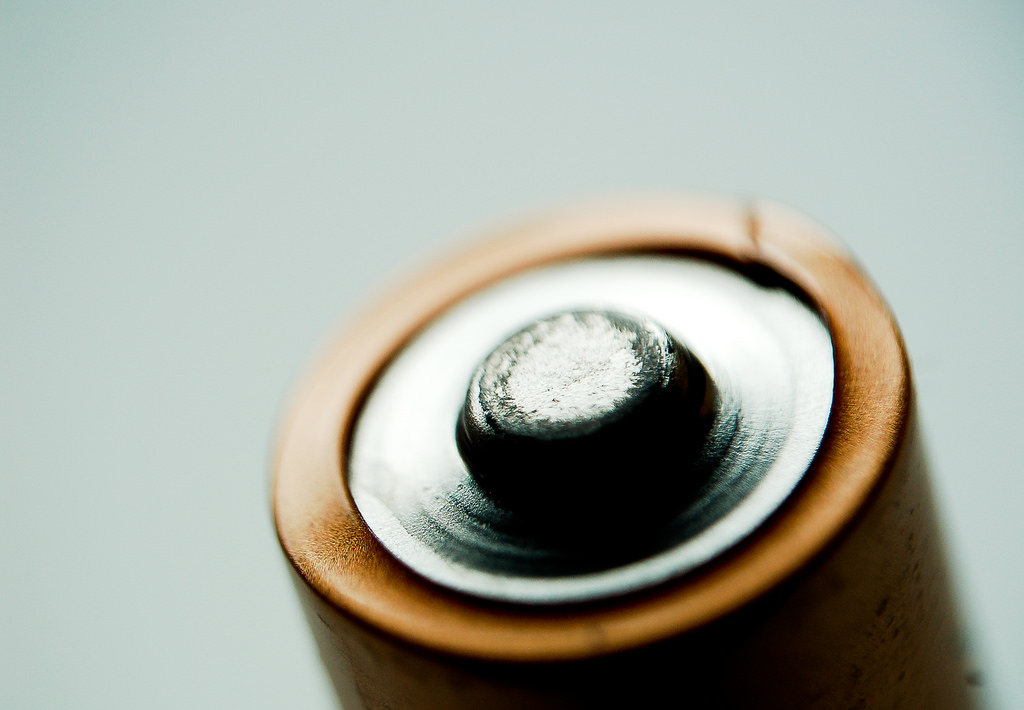[dropcap size=small]F[/dropcap]inally disposing off nuclear waste won’t be headache anymore and we could utilize it in much more eco-friendly way as it previously dealt with, finding its way to depth of ocean and still it was potential threat to eco-system because at the end of the day radioactive material is still a radioactive material.
This unique method was presented on 25 November,2016 at the Cabot Institute’s sold-out annual lecture – ‘Ideas to change the world’.
This latest technology doesn’t follow conventional approach to generate electricity that is moving a magnetic material through a coil of wire, instead they came up with something out of the box. They used man-made diamond and radioactive source (which could be nuclear waste also), and when artificial diamond is placed in close range to radioactive material, a small amount of electric current was generated.

If in the above procedure we use nuclear waste that is generally lead (Pb), which itself is a radioactive material, should serve the purpose pretty well.
The team presented a functional prototype of their diamond battery which used a Nickel-63 as the radiation source. Although power generated by using these batteries is quite small, but their there were no moving parts(very low maintenance), zero emission rate so it will not wrong to term it as a source of clean and sustainable energy systems.
Research is currently going on, for utilizing carbon-14, one of the radioactive isotope of Carbon as it emits radiations of short range which couldn’t escape diamond and it can be found at the surface of graphite blocks which act as moderator during a chemical reaction. Carbon could be extracted and that carbon could be put into use as radioactive source. Moreover carbon-14 would also increase efficiency of the battery.
Now, coming to statistics 1g of carbon generates 15 Joules of energy per day and a ordinary battery weighs about 20g storing an energy of 700Joules/gram. If we put carbon-14 into use it will not out for thousand of years and just for reaching 50% of its potential it would last for 5,730 years.
If they are able to build a practical prototype, this might change the whole process of generating electricity and set new standards for clean energy but at same time it is quite dangerous also as radioactive material is involved.
Courtsey : bristol.ac.uk




